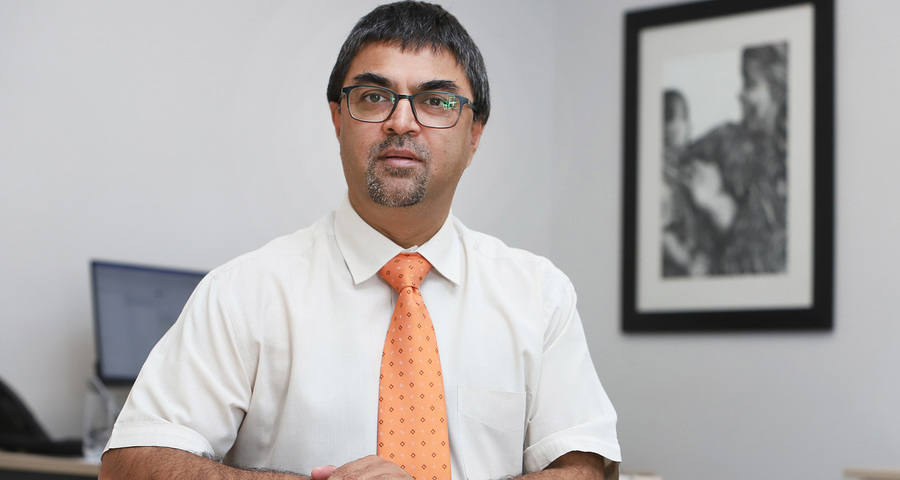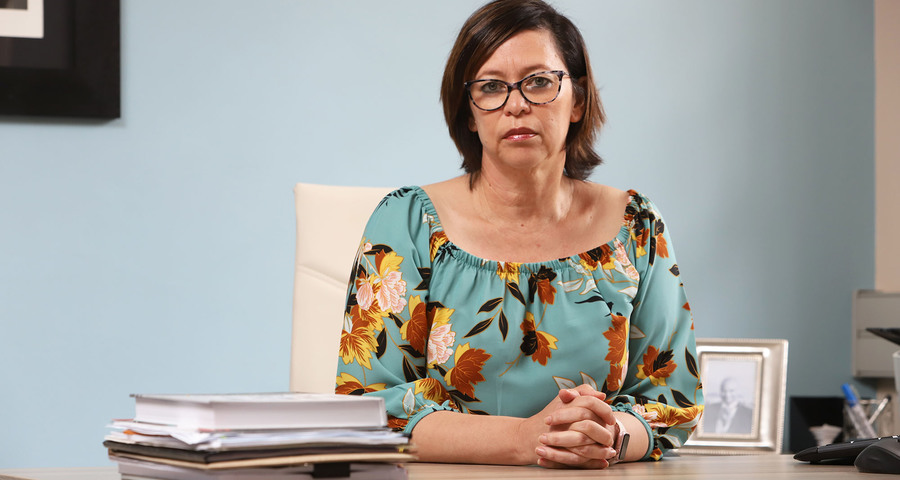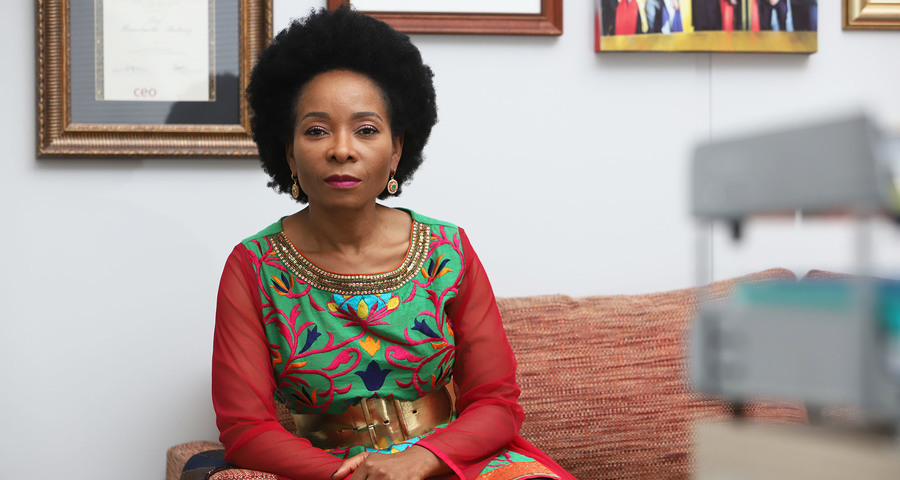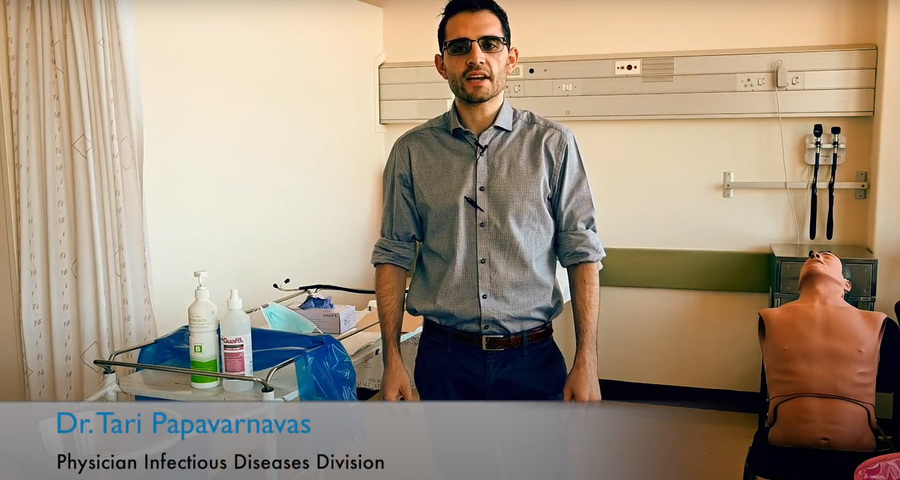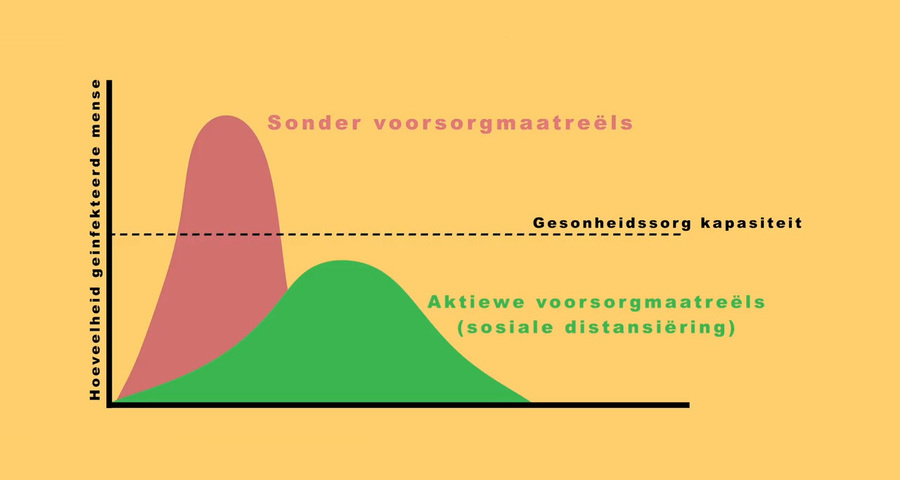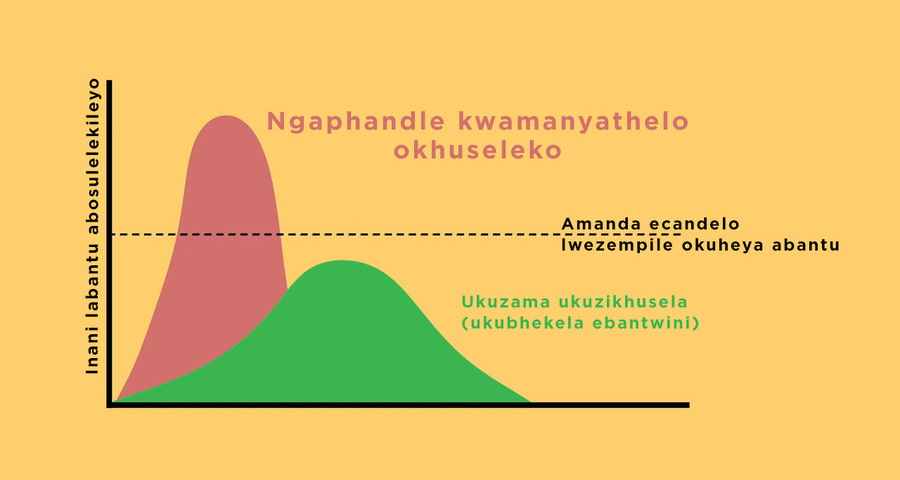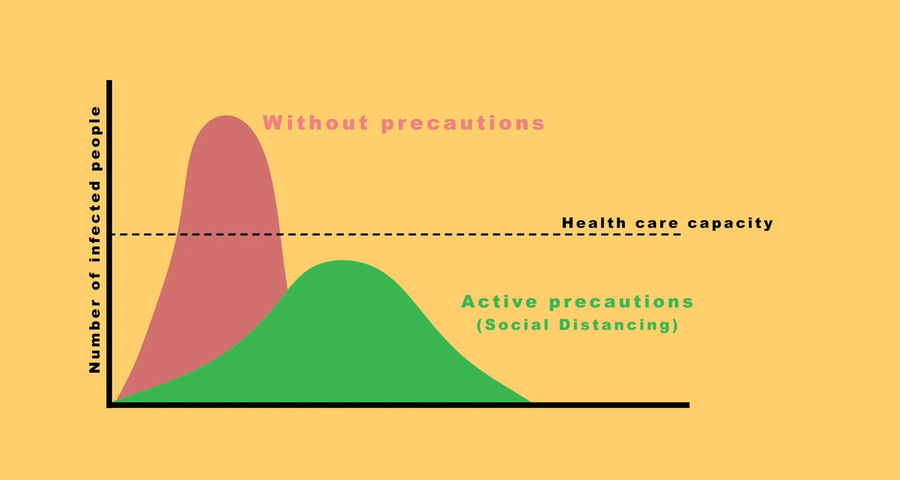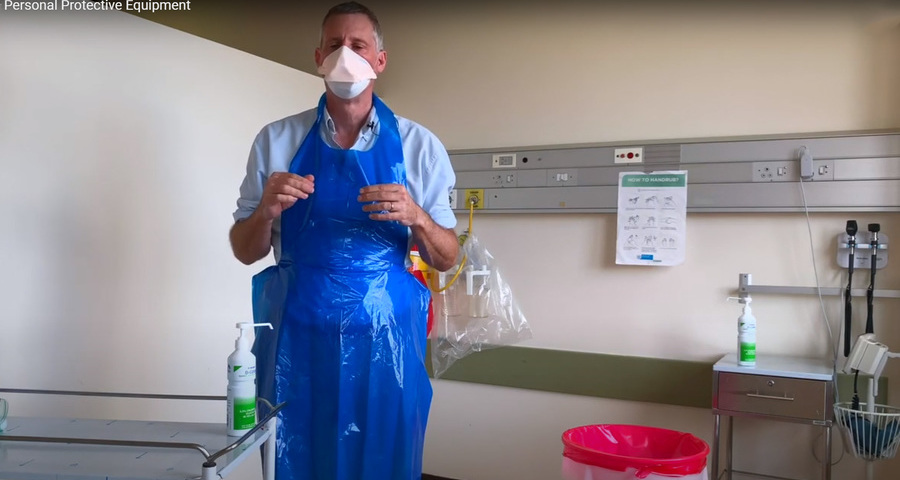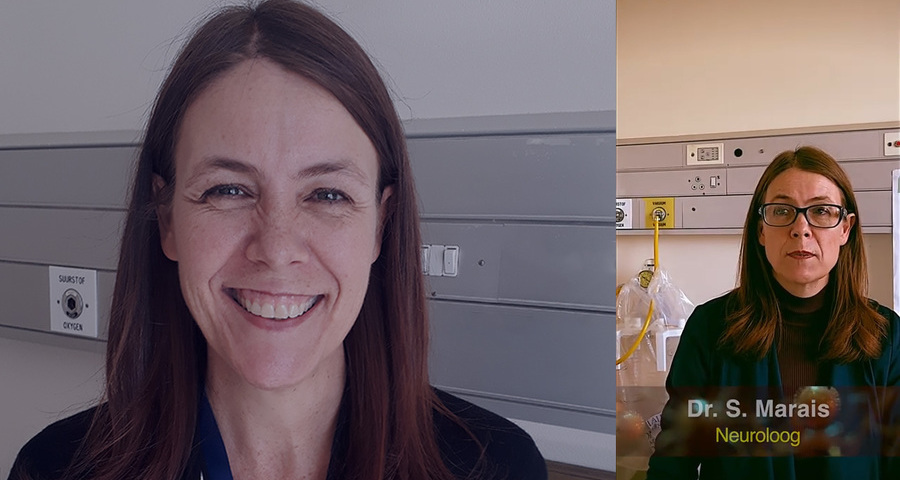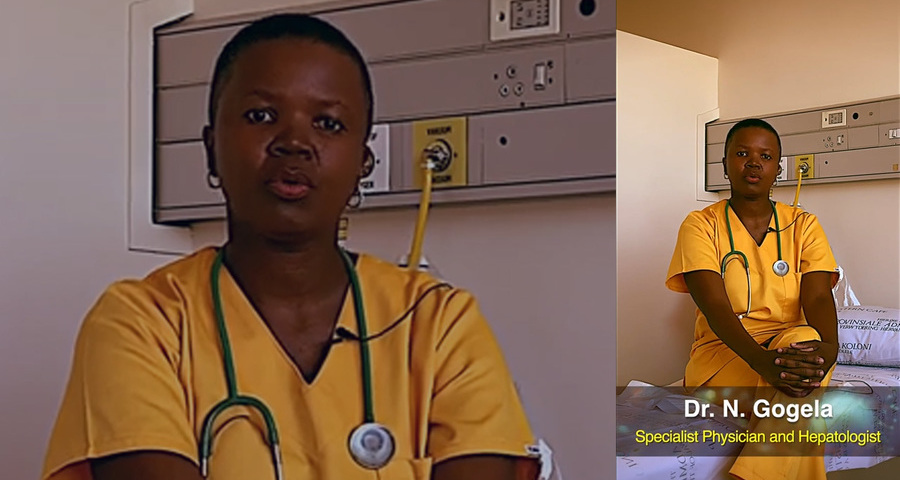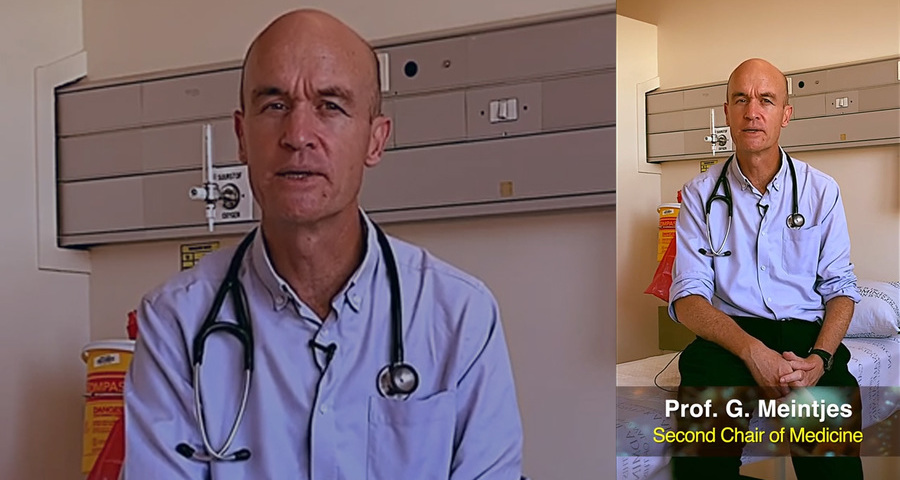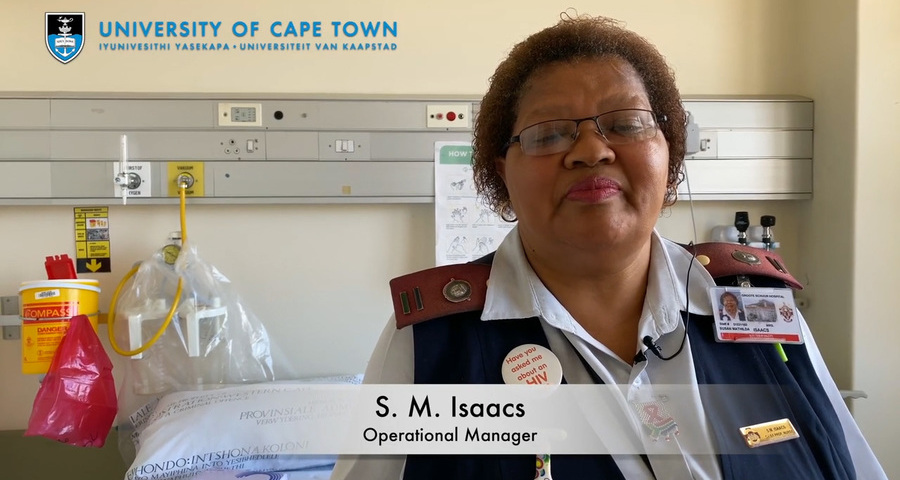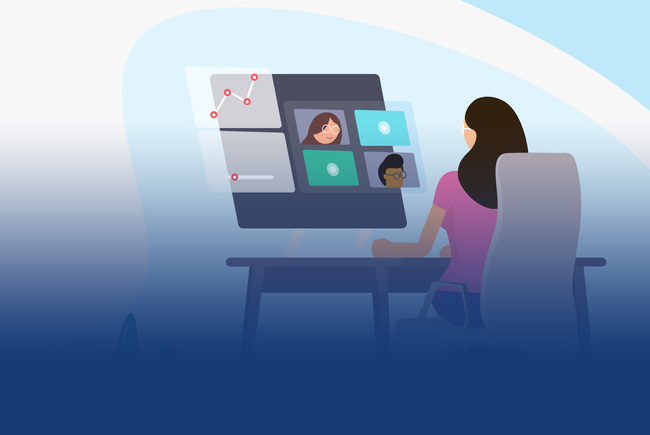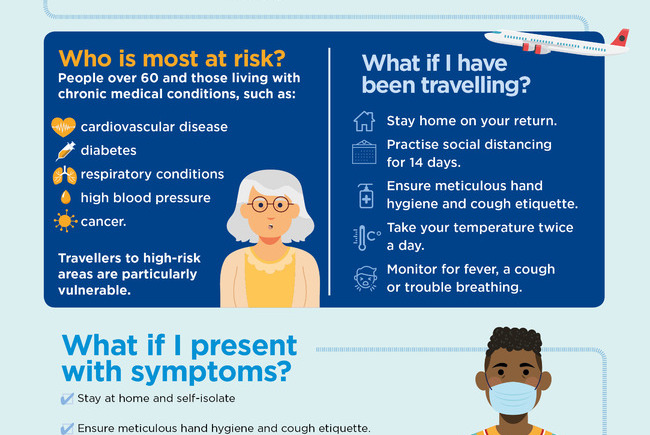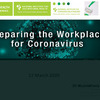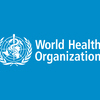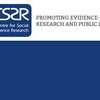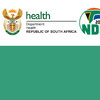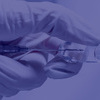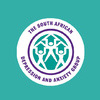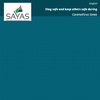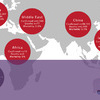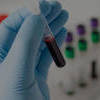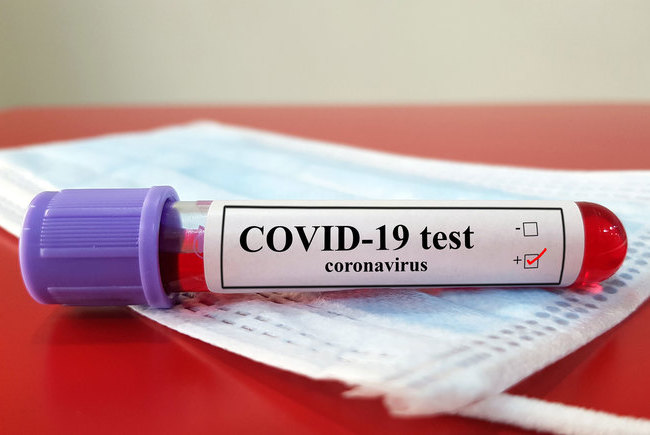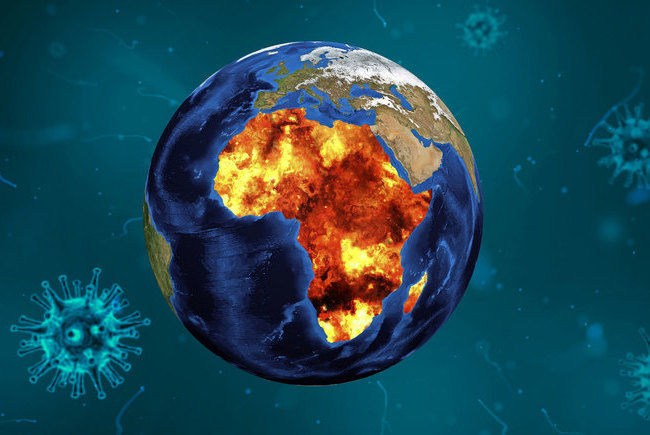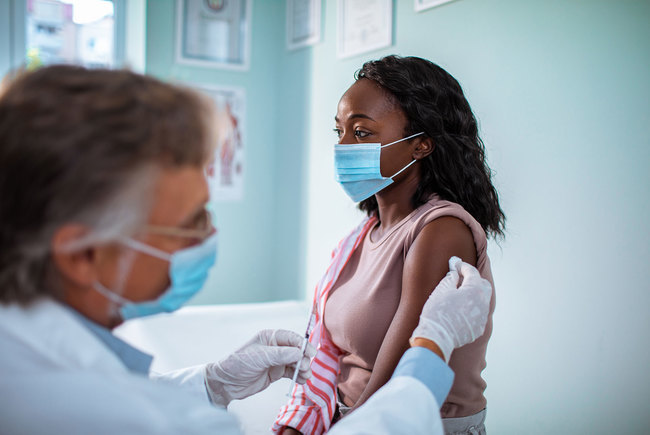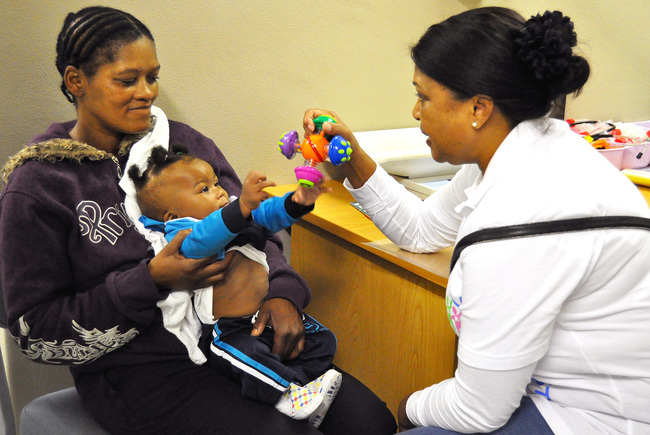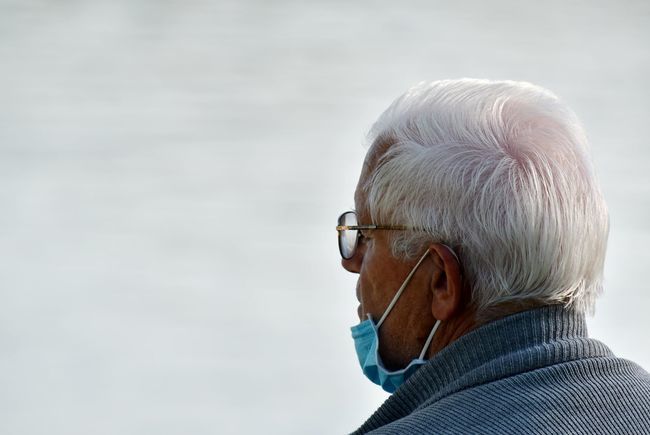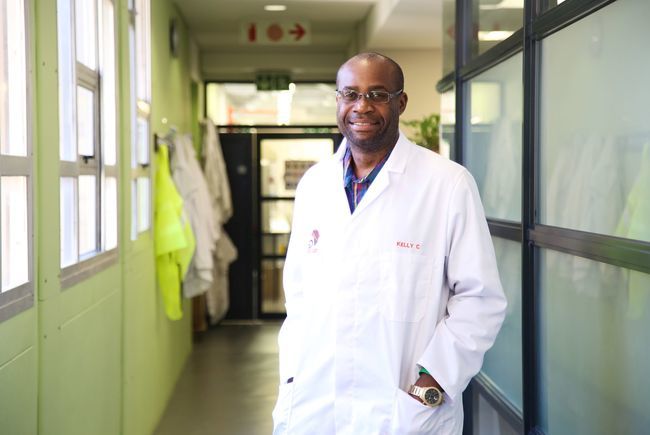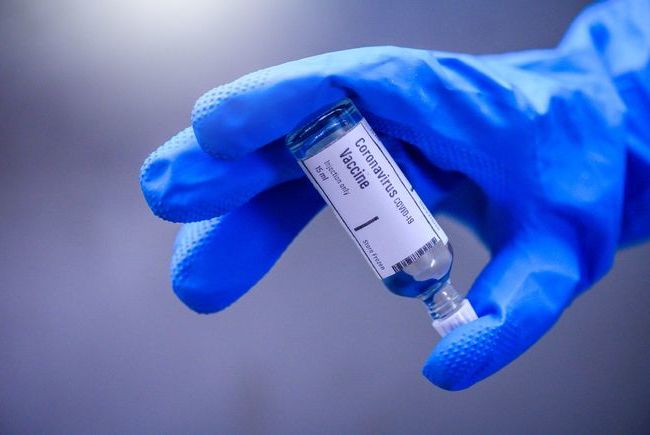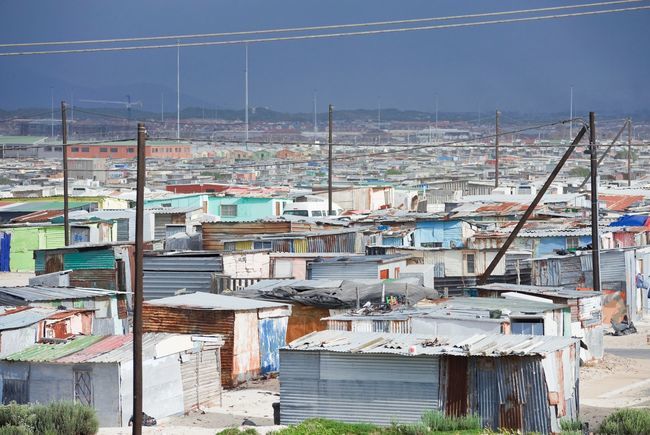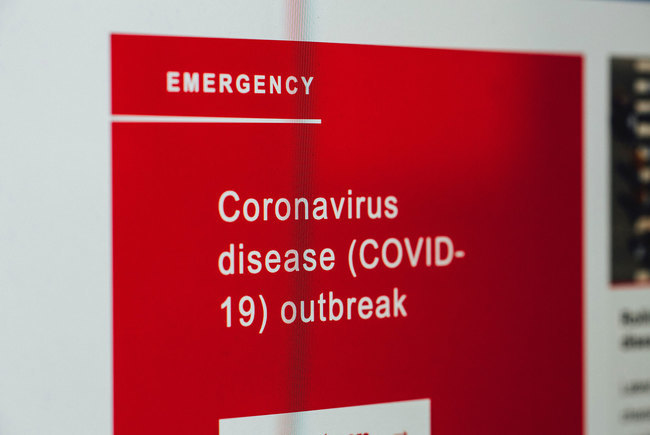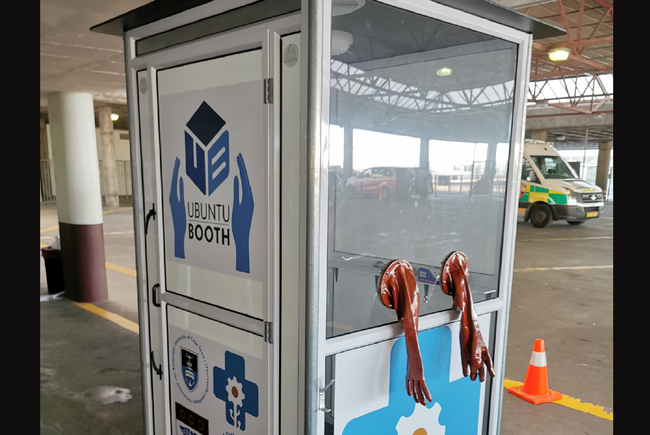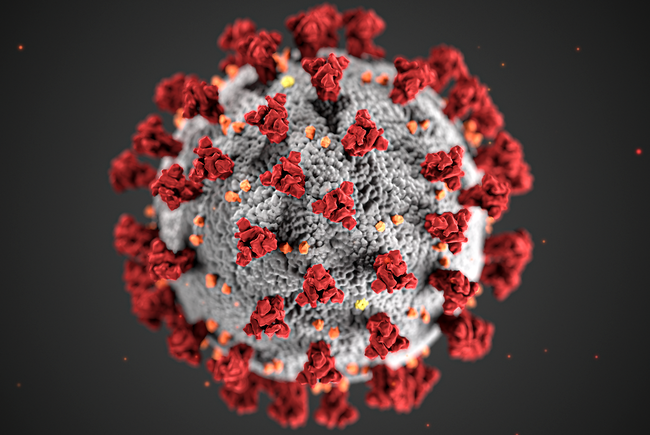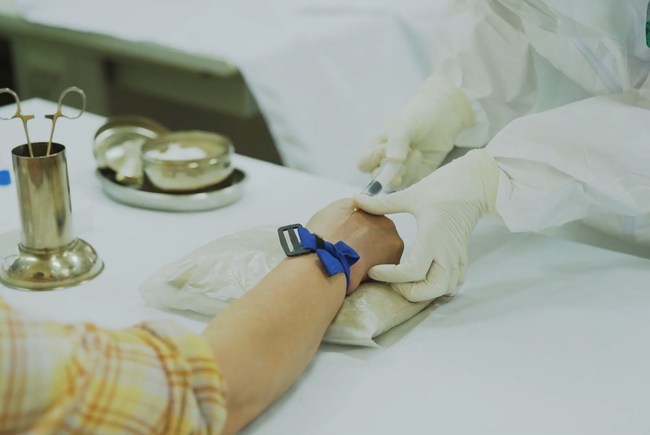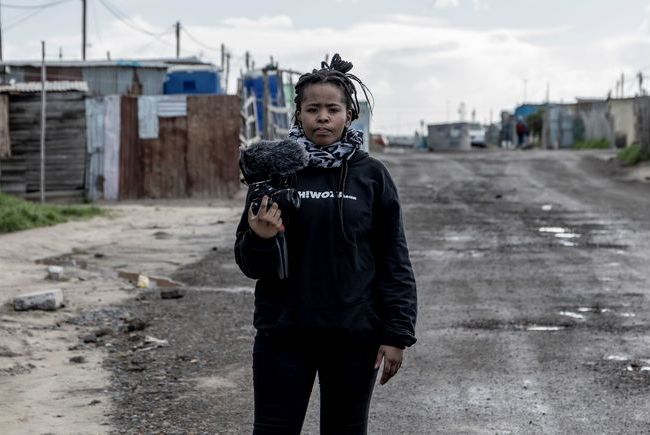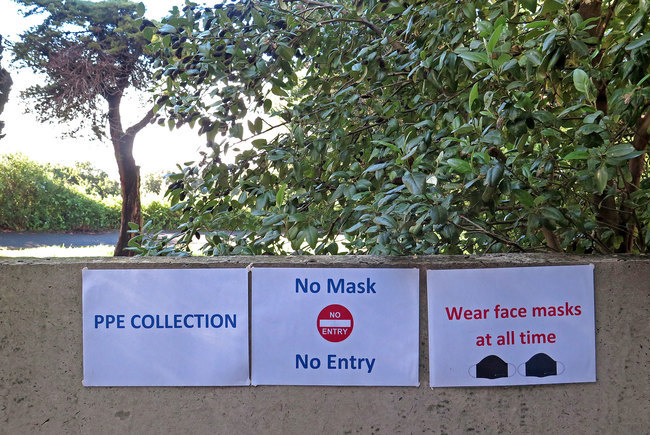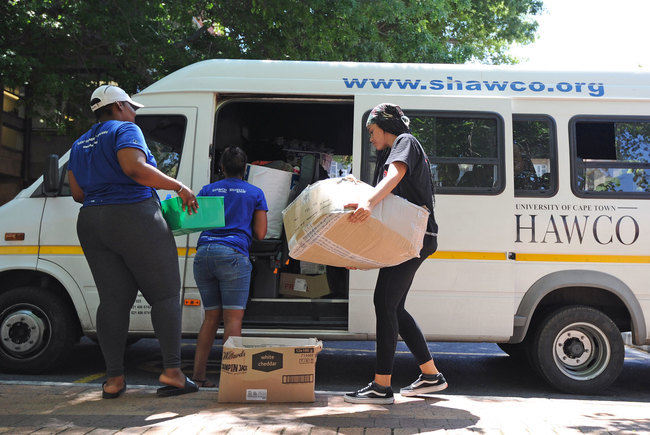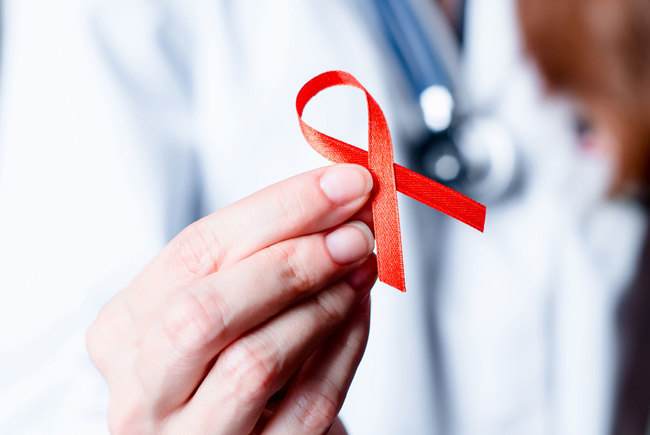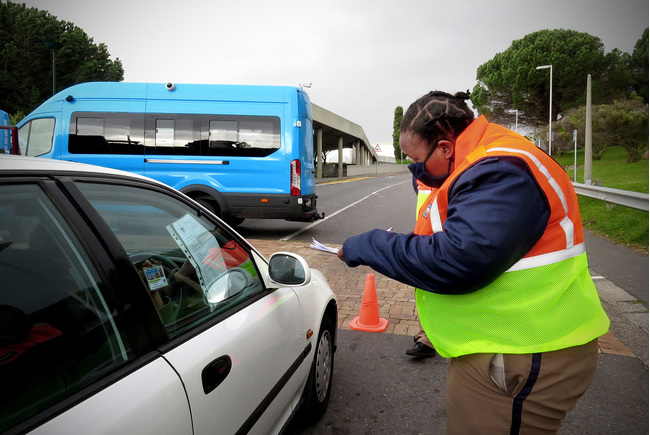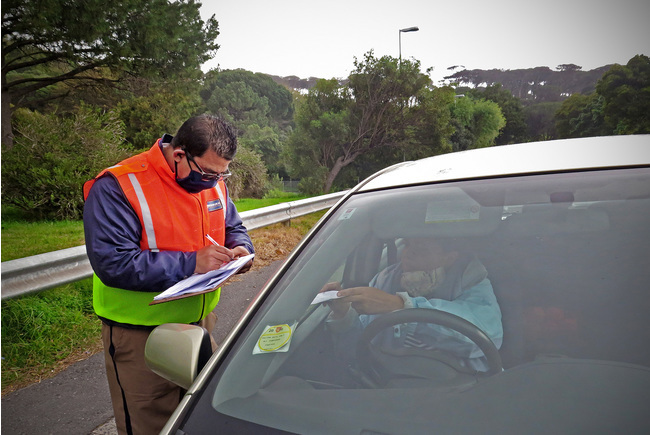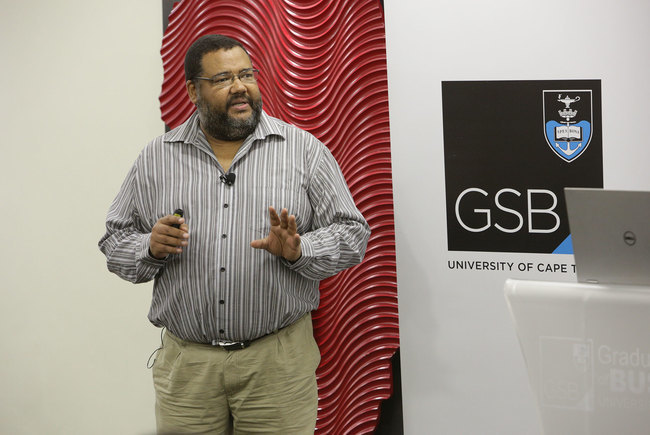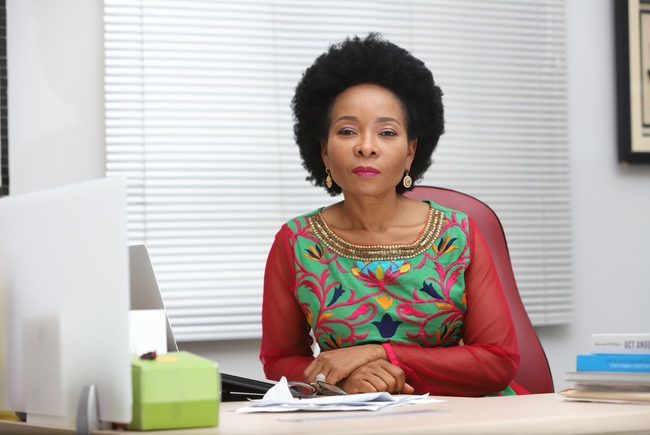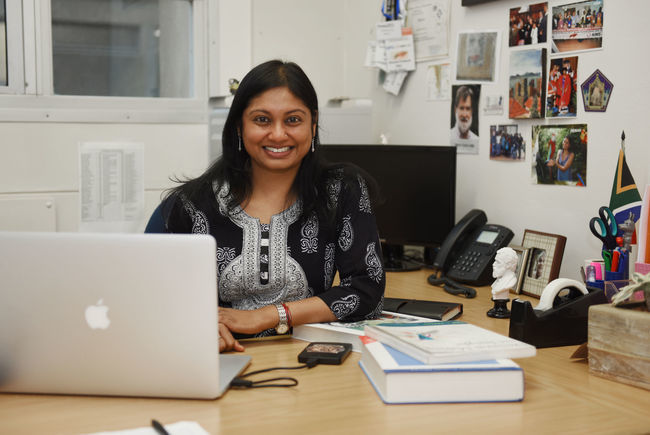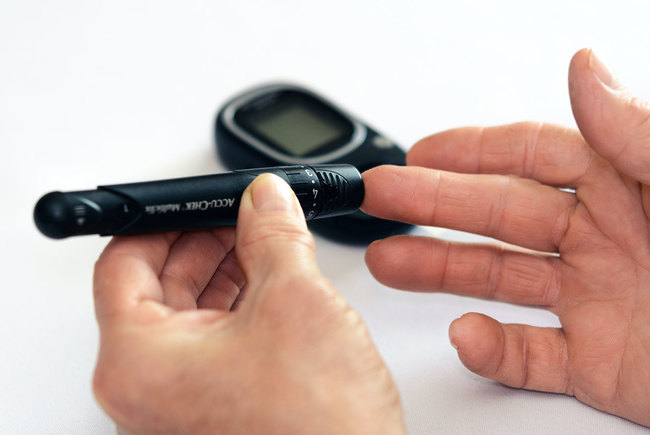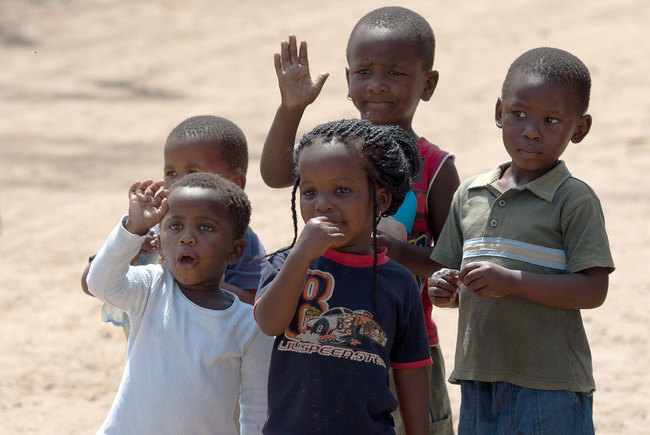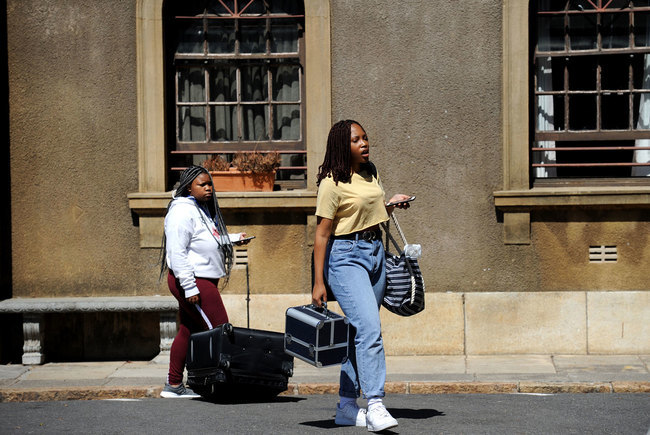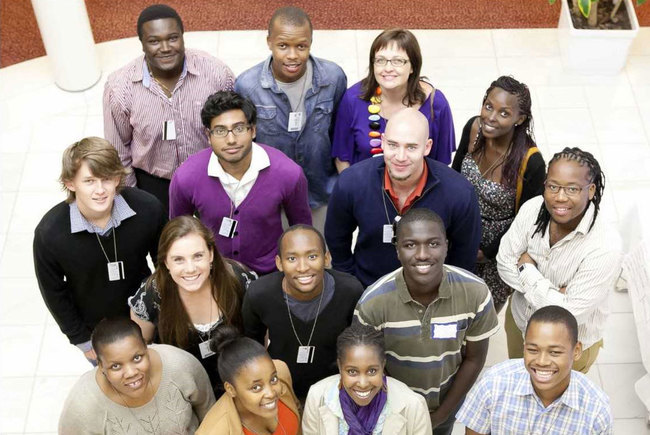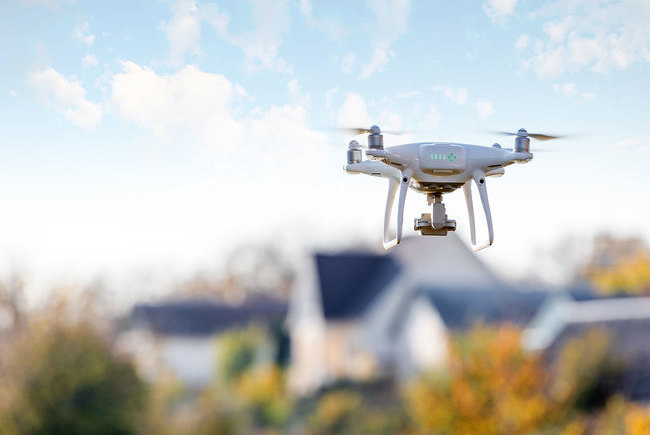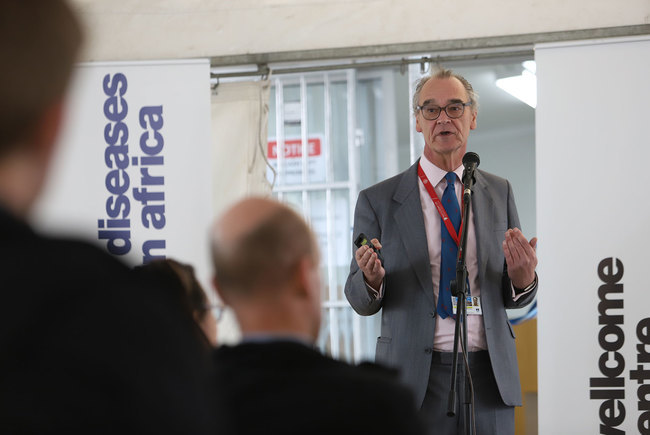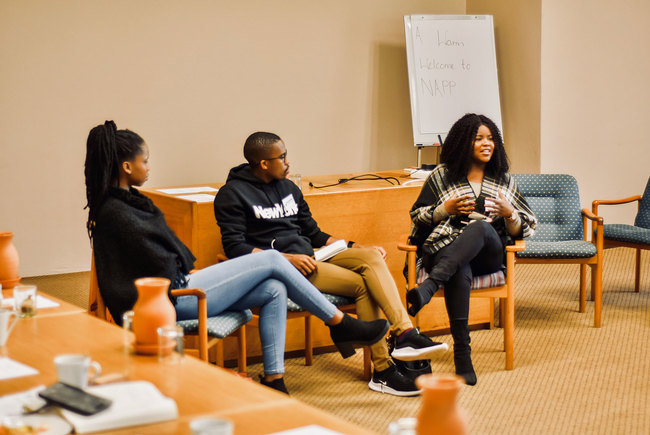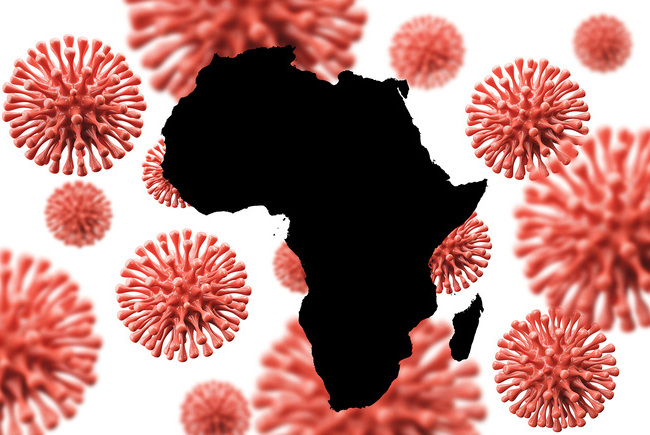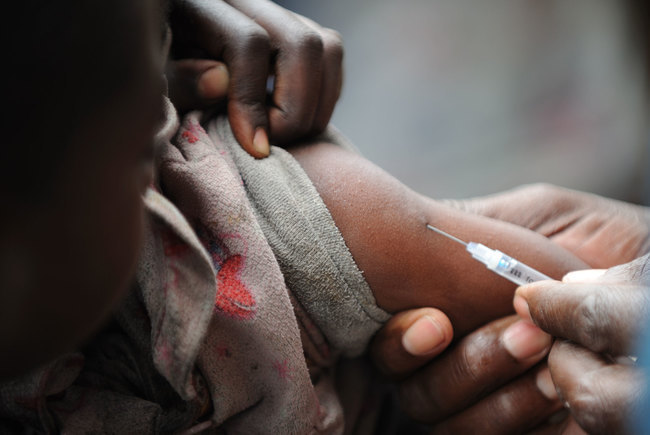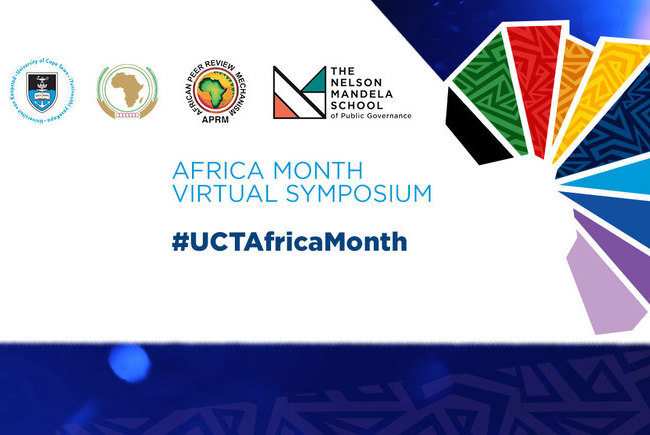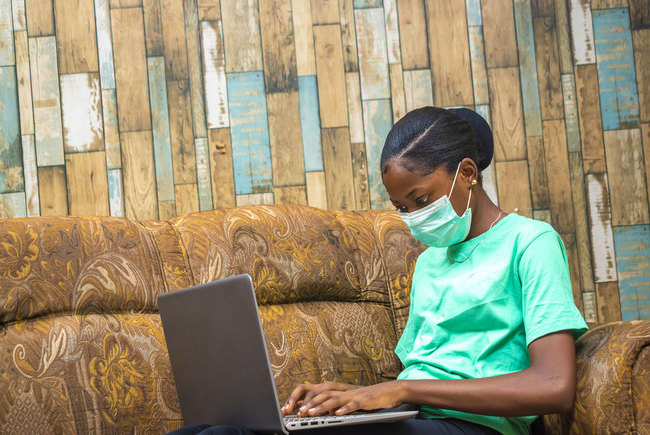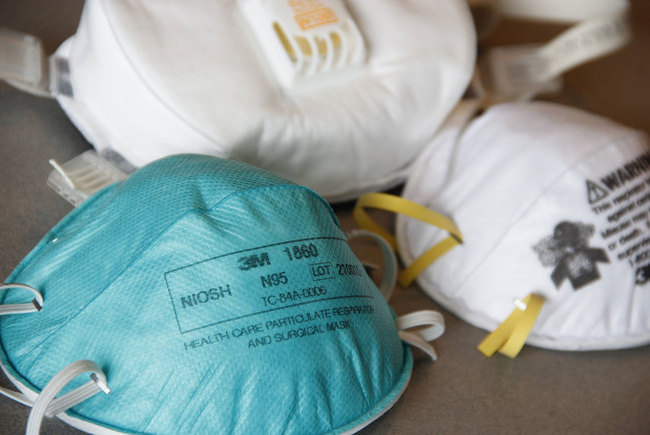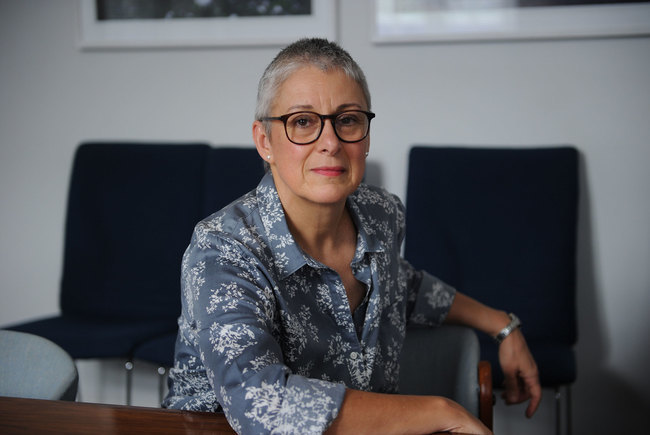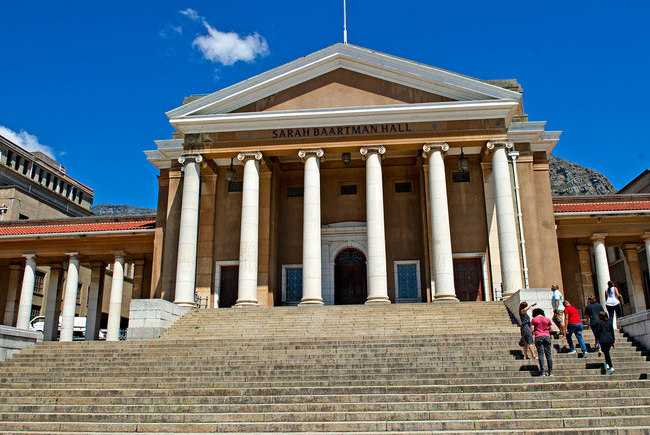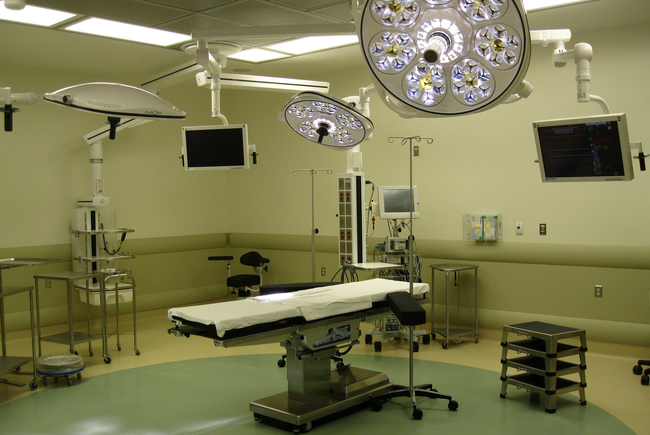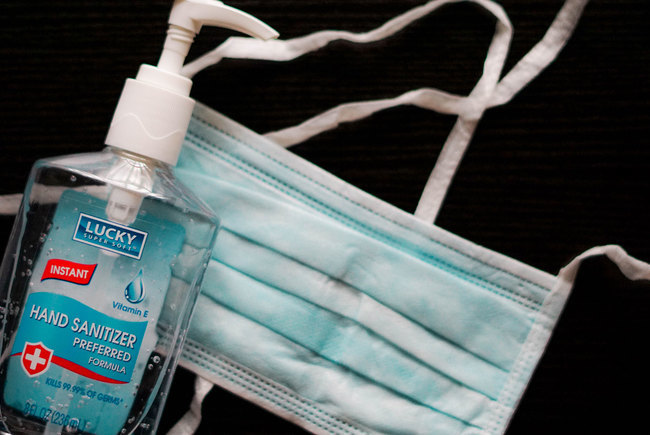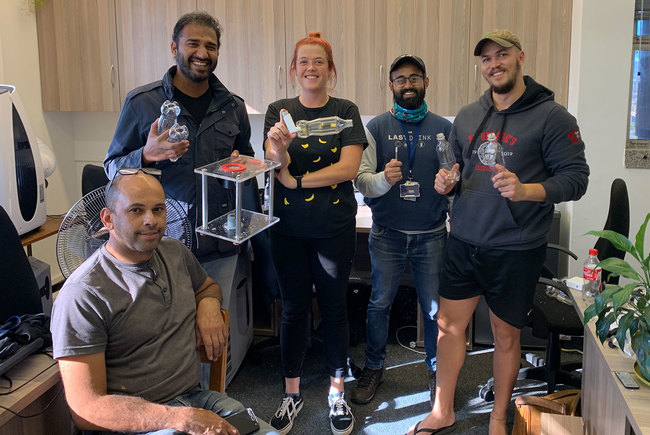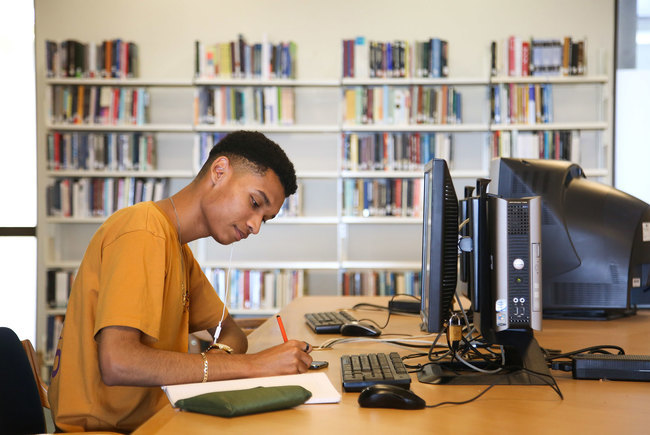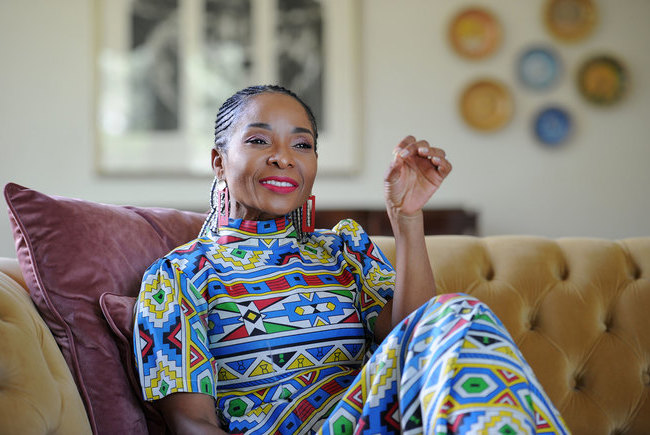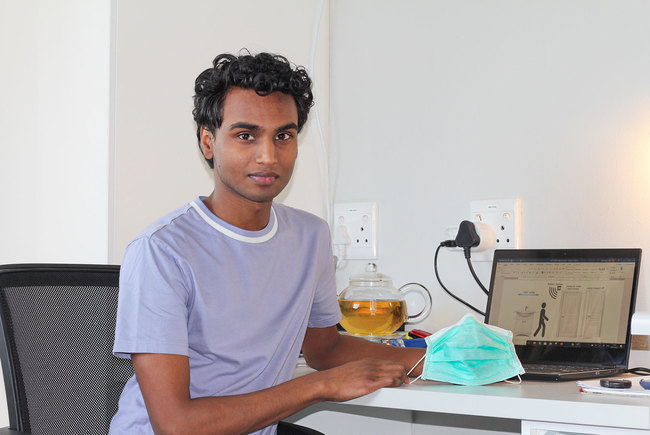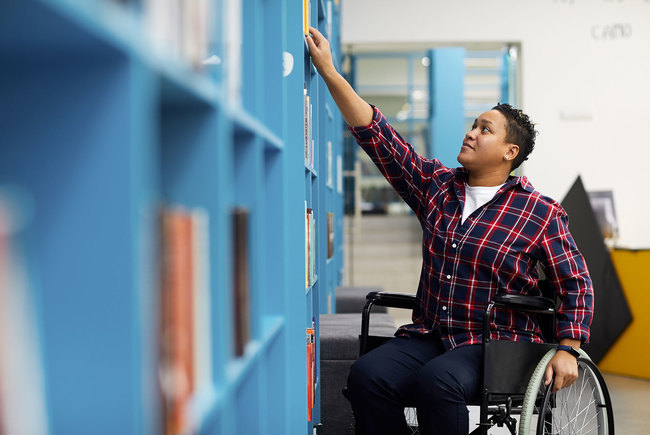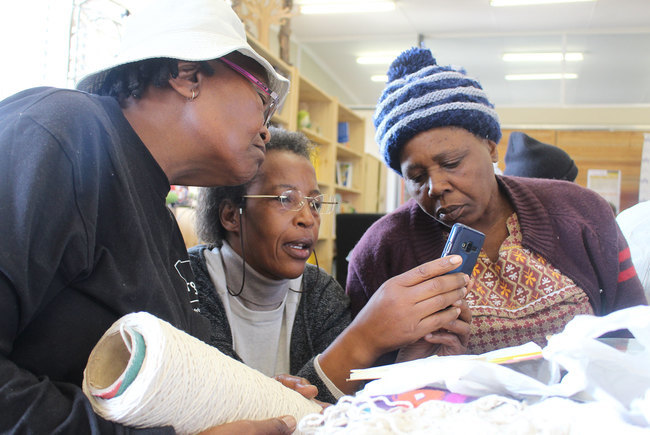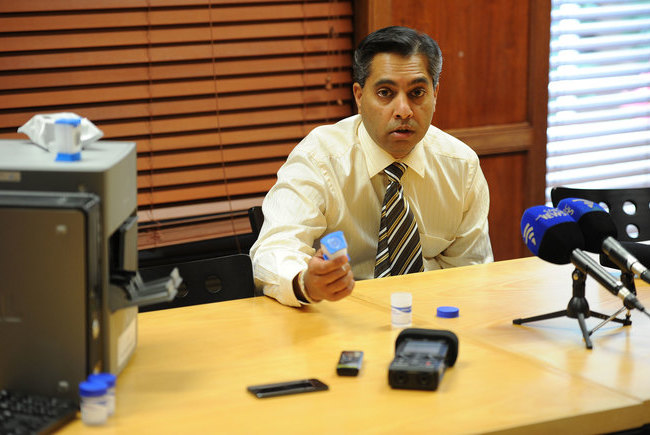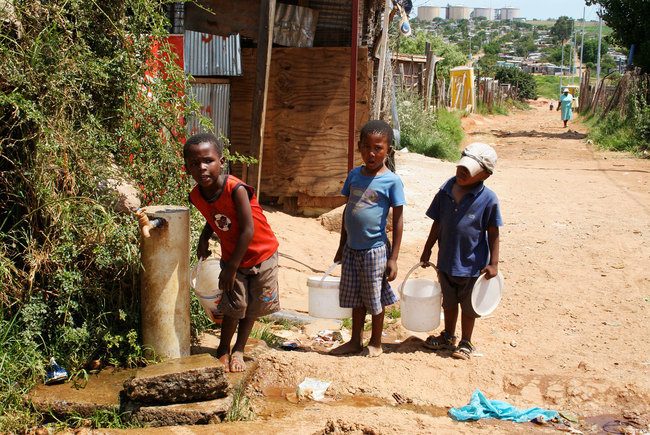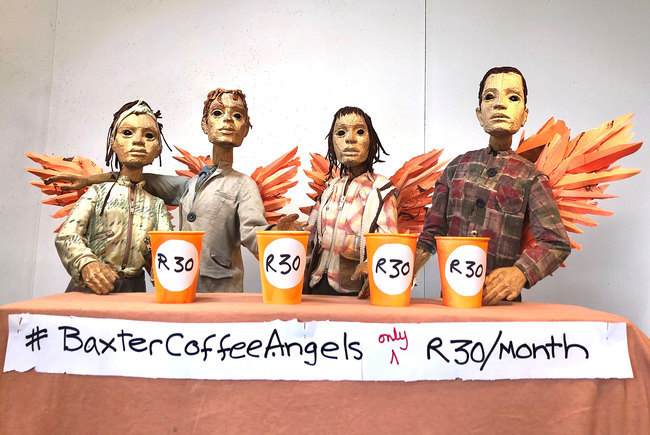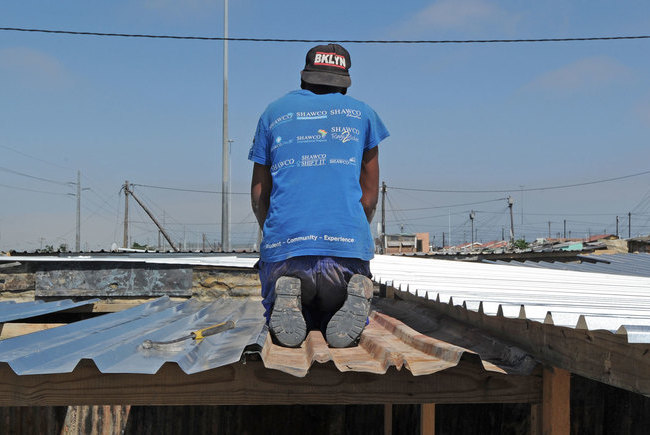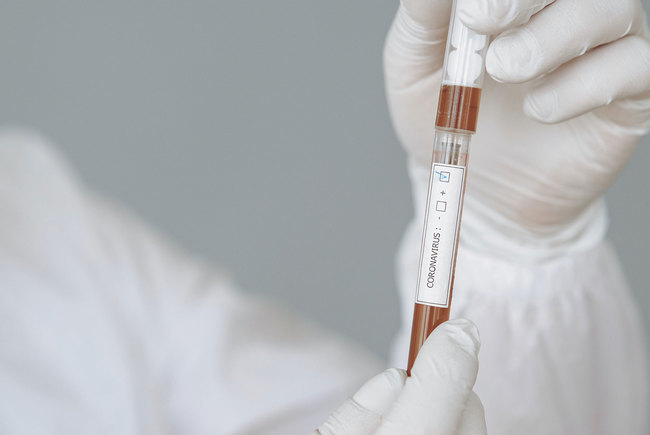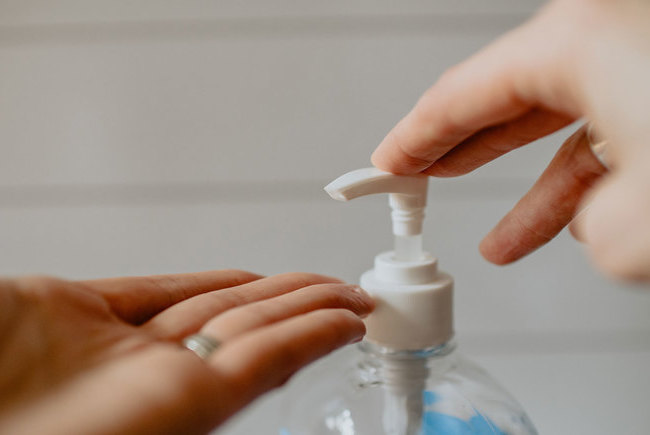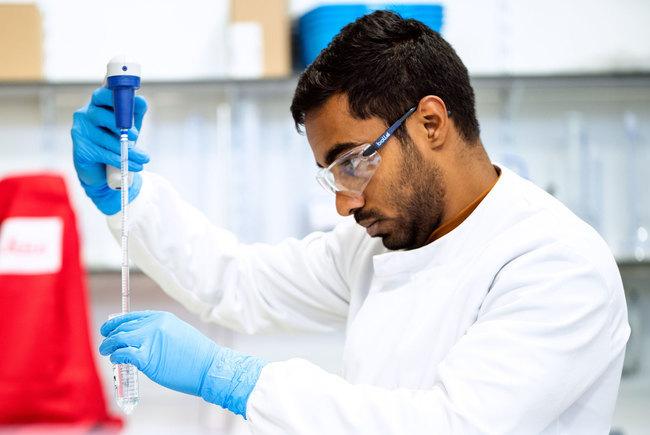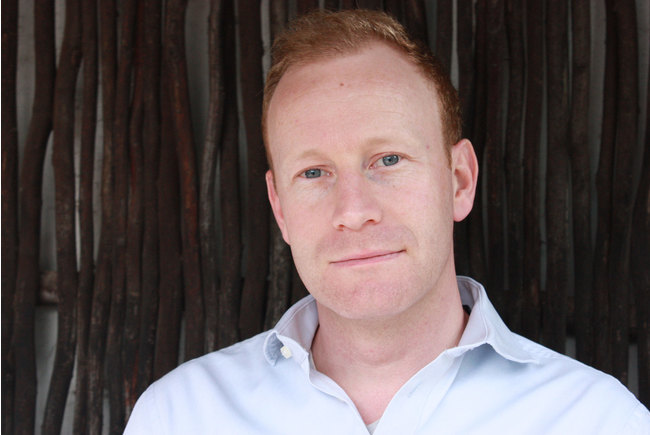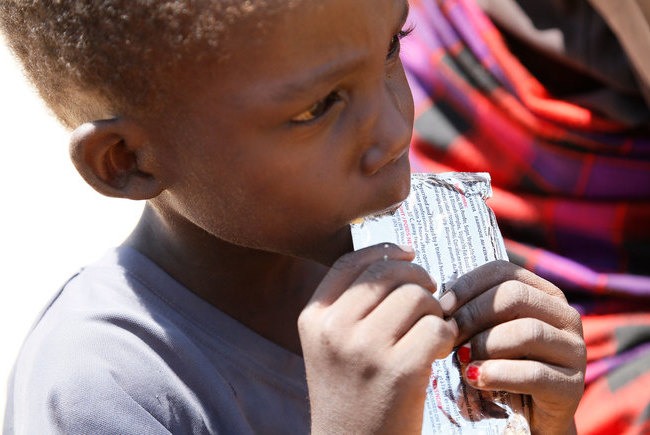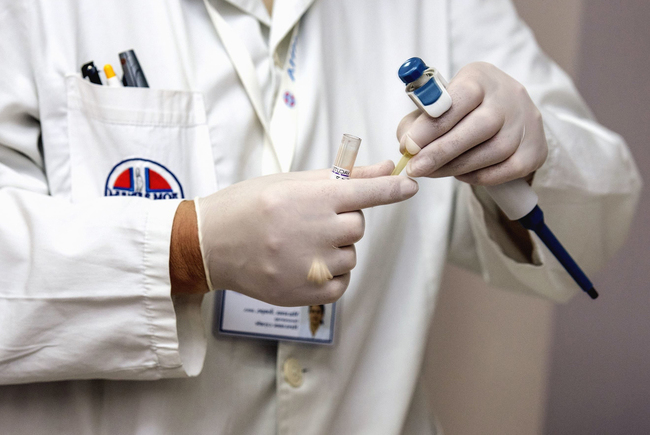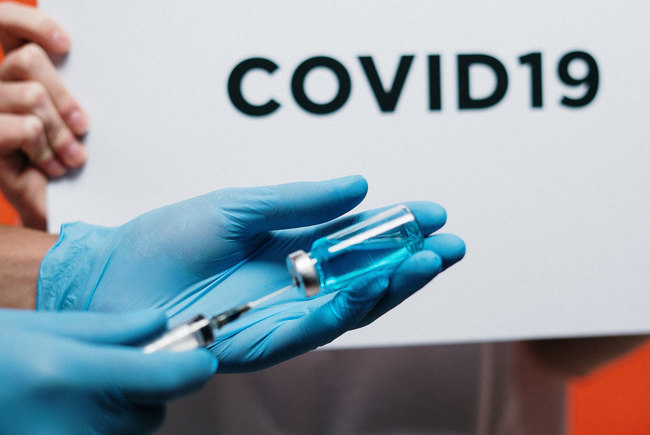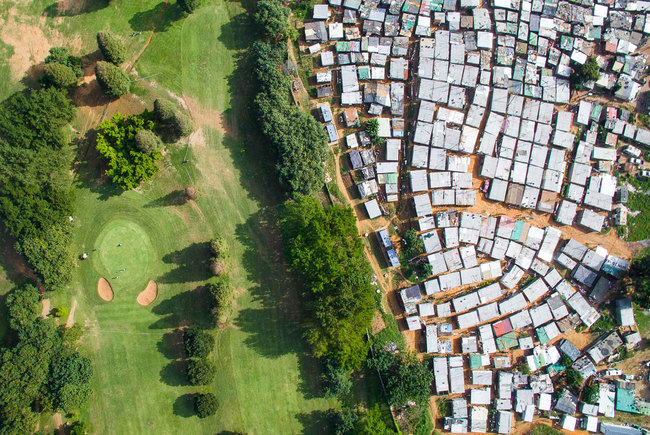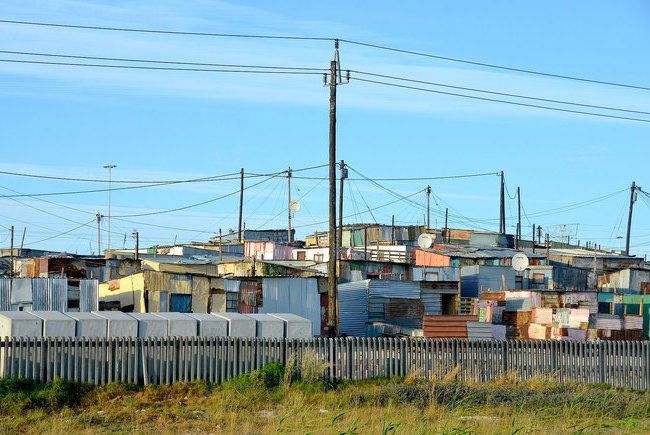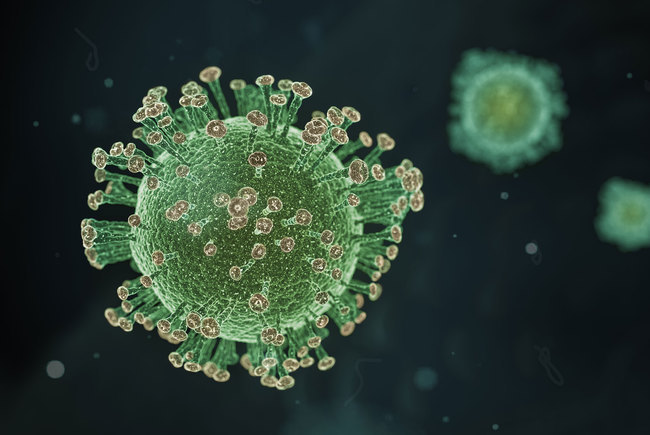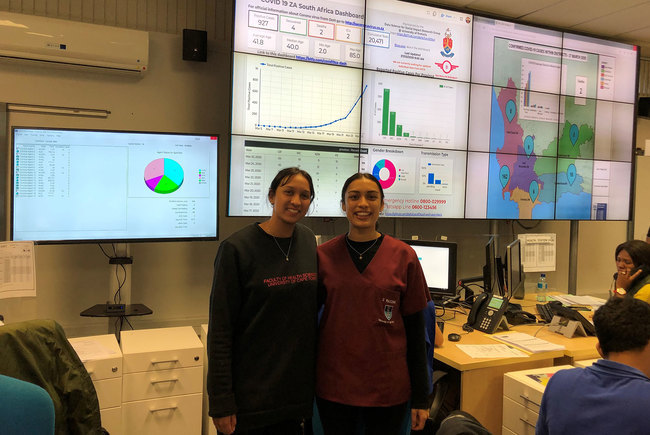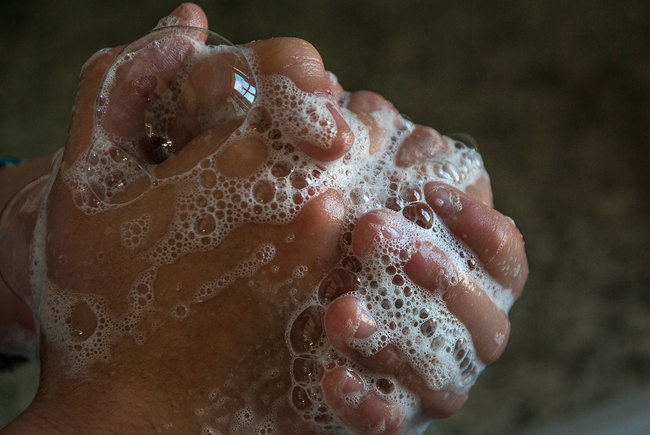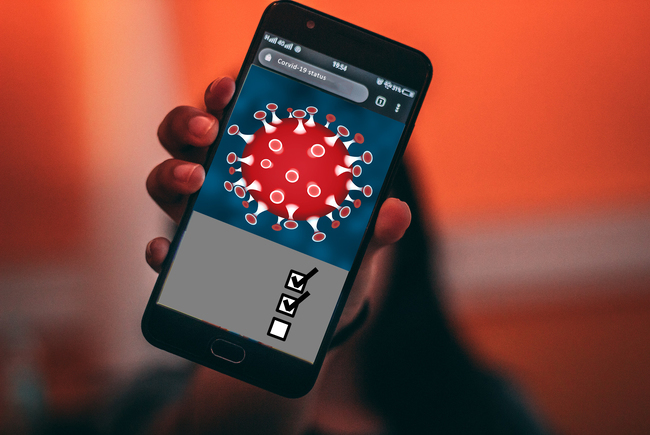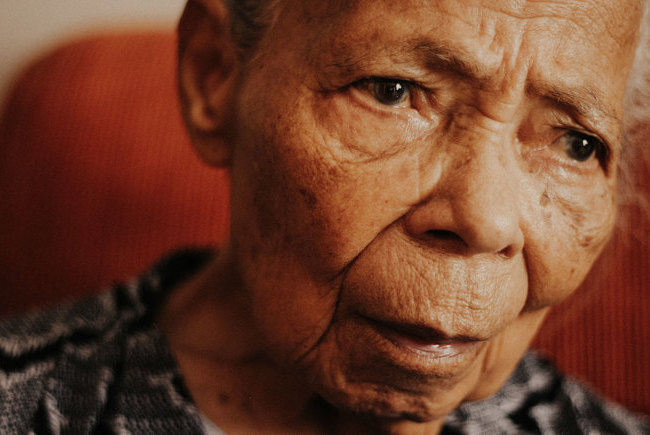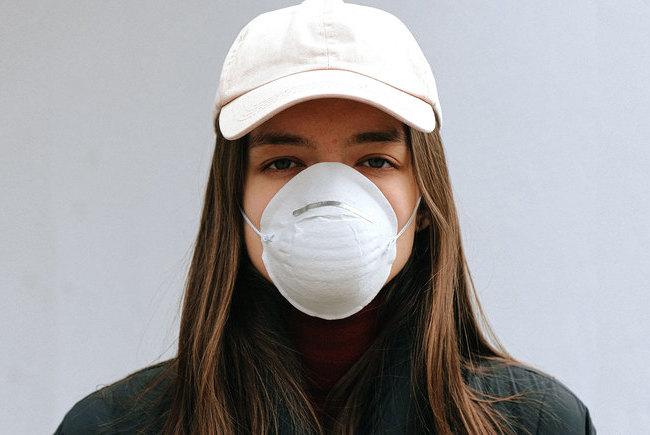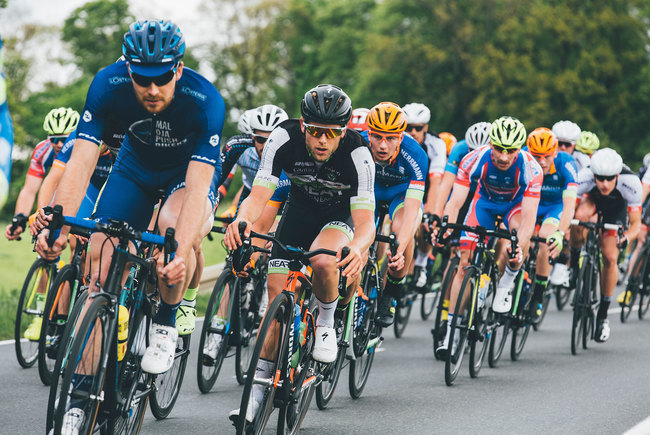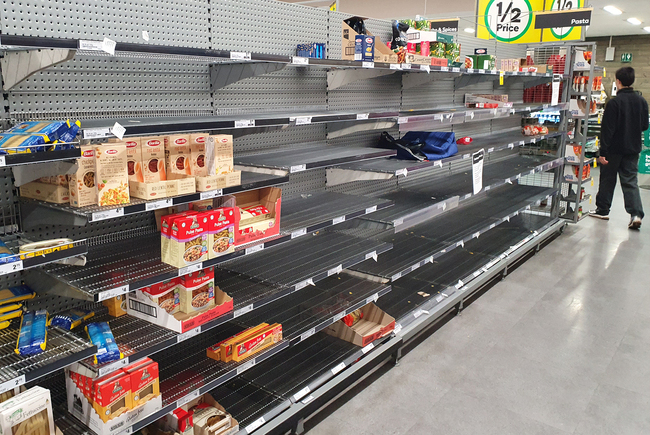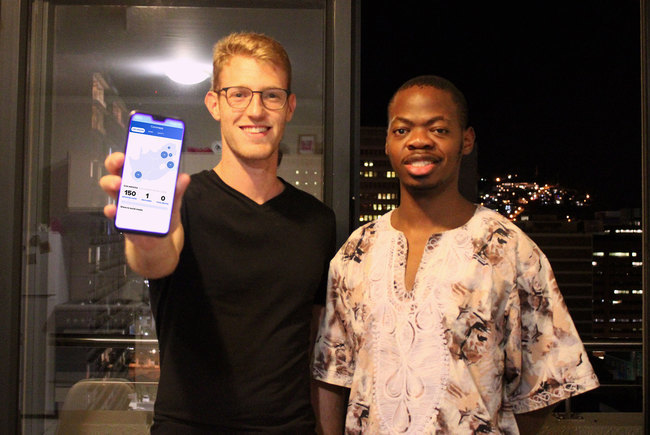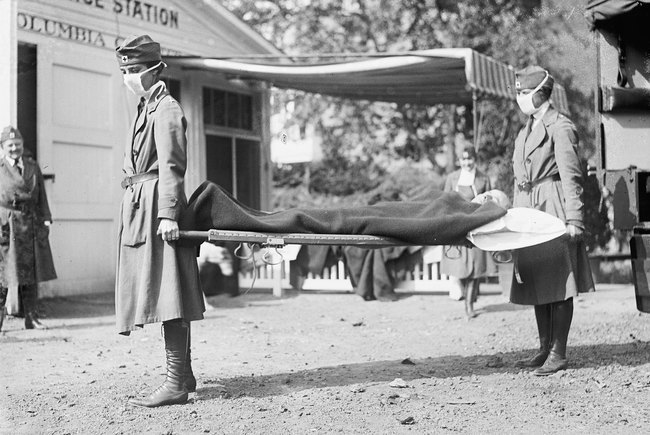Lessons in collaboration for COVID-19 healthcare workers
11 August 2020 | Story Penny Haw. Photo Supplied. Read time 10 min.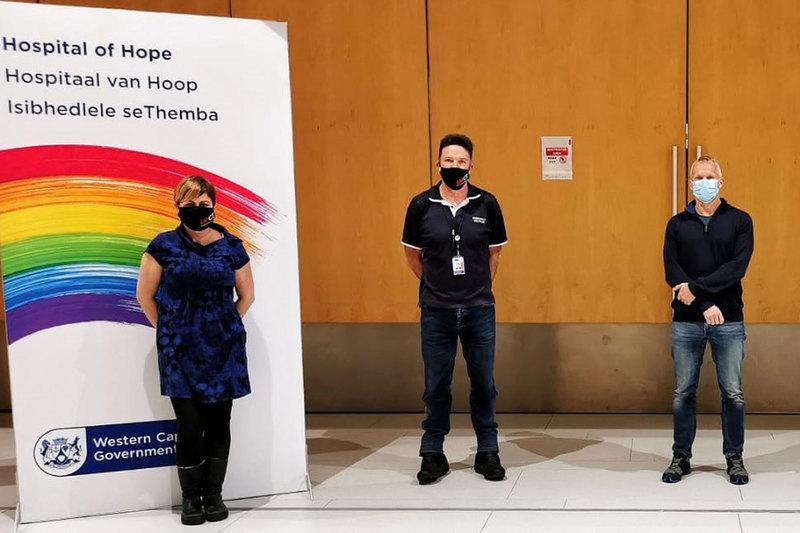
Healthcare workers at the forefront of the COVID-19 pandemic, including members of the University of Cape Town’s (UCT) Division of Emergency Medicine, have experienced unprecedented levels of collaboration in their efforts to care for patients.
With four postgraduate programmes in emergency medicine, including a registrar programme that trains qualified doctors as specialist emergency physicians, it is not surprising that UCT’s Division of Emergency Medicine was drawn in to respond to COVID-19 in March. Not only do the registrars rotate through various public sector emergency centres in Cape Town as part of their standard training, but the division is led by Professor Lee Wallis, who is also head of Emergency Medicine for the Western Cape Government.
“With all emergency medical services stretched to their limits, government was grateful to the university for allowing me to pull in members of the division to work on COVID-19,” said Wallis.
“Their expertise, experience and flexibility were invaluable.”
Among the COVID-19 responsibilities undertaken by members of the division (typically in collaboration with other teams) were the writing of provincial policies; and the design, development, set up, testing, staffing and operating of systems and infrastructure, including those required by the COVID-19 hotline and intermediate care bed facilities.
UCT Emergency Medicine staff were also involved in the planning of palliative care procedures, oxygen supply, the transportation of patients and the management of dead bodies – all this while keeping abreast of their academic responsibilities.
The COVID-19 hotline
Peter Hodkinson is a medical doctor and a full-time associate professor in the Division of Emergency Medicine. His primary role is running the largely online master’s programme for more than 60 students. He, along with several others from the university, was co-opted onto the COVID-19 hotline service at the Disaster Management Centre at Tygerberg Hospital during March, April and May. In June, he was moved onto the floor of the Hospital of Hope at the Cape Town International Convention Centre (CTICC).
“Many of my students are emergency medicine doctors and paramedics, who were pulled into the frontline across the continent.”
“Many of my students are emergency medicine doctors and paramedics, who were pulled into the frontline across the continent, including many local paramedics and doctors in Kenya and Zimbabwe. Others, however, have been locked down with unusually large amounts of time on their hands. As such, I have had the task of accommodating two groups of students: those who have been entirely sucked into the pandemic and others who have a lot of time to study,” he said.
For lecturer Charmaine Cunningham, the timing was opportune. She had just completed her PhD, come to the end of a research contract and was due to begin developing a new, fully online postgraduate diploma in emergency care for 2021 when the national lockdown began. As such, she was flexible enough to volunteer at the hotline centre.
Evolving needs of the hotline
Calls to the COVID-19 hotline, which was operated chiefly by the Western Cape Government’s Disaster Management Centre staff, and lecturers from the provincial College of Emergency Care, were answered 24/7 by volunteers, many of whom were medical students, including first-year students. Senior healthcare professionals, including Hodkinson and Cunningham, were available to field complicated questions and make critical decisions.
“The first couple of weeks were hard work as we went through the basics with volunteers and got to grips with the kinds of questions posed,” said Hodkinson. “Remarkably though, there was a lot of peer training and, after a while, volunteers began teaching one another. Our roles as supervisors increasingly involved less training and we focused more on taking responsibility for real issues and making strategic decisions where necessary.”
“There was a lot of peer training and, after a while, volunteers began teaching one another.”
The hotline was busiest during April and May when there was great uncertainty and many questions about symptoms and procedures. As the weeks passed, the nature of the calls shifted.
“There were more and more questions from organisations about employees testing positive and protocols around what they should do about others at work, deep cleaning and so on. And then, later, we began fielding more and more questions about things like repatriation and isolation,” said Cunningham.
Working at the hotline centre provided an understanding of the important role of the Disaster Management services and an appreciation for its staff and those of the College of Emergency Care.
“Credit needs to be given to their teams,” said Hodkinson. “The Disaster Management team’s behind-the-scenes work is significant, while staff from the college formed the core of the hotline.”
Changing needs and logistic challenges
Both Cunningham and Hodkinson were involved in the intermediate care bed facilities. Cunningham, whose doctoral thesis looked at operational sense-making/decision-making in five large government emergency centres, was part of the team that conceptualised and set up the facilities at the CTICC, Brackengate, Sonstraal and Lentegeur. Part of the challenge, she said, was not having plans to work from.
“Field hospitals are typically set up in war situations or for emergency incidents, such as that created by the explosion in Beirut, and are assembled to treat traumatic injuries. Establishing a large, temporary hospital to treat medical conditions like COVID-19 is not something that had been documented and tested,” said Cunningham. “Even though such facilities had been set up elsewhere in the world, our work began when Europe and the [United States] were at their peaks, which made it difficult to access information. This meant we had to work out everything, including processes, staff and equipment requirements from scratch.”
Another challenge was presented by how priorities and requirements changed. Cunningham explained: “Initially, the intermediary hospitals were designed for the kind of patients who were sick but did not need acute hospitalisation. They were kind of step-down facilities. Then, as we learned that the disease progression was not as straightforward as we had thought and realised that our expectations of patients did not coincide with the needs of other hospitals, we saw [that] we would have to accept sicker patients and the setup had to be adjusted.”
Among the logistical problems of the intermediate care bed facilities was getting patients home. This was resolved by making use of so-called Red Dot taxis, which comprised about 100 minibus taxis that were idle during lockdown. The vehicles were sanitised and used to transport people to isolation facilities, and those who had recovered in hospital, home.
“I never realised how difficult it could be – without the standard procedures of normal hospitals – to get 20 people out of a hospital, dressed, with their medication, with their discharge letter and in the taxi going home,” said Hodkinson.
Flexibility and willingness to work together
Despite the challenges that teams faced under stressful and uncertain conditions, Wallis, Cunningham and Hodkinson concurred that the way teams – whether provincial, private or academic – pulled together across platforms and disciplines during the pandemic was exemplary.
“We broke down silos across different organisations and disciplines. It helped, of course, that a lot of the normal bureaucracy was set aside under the circumstances, but, with many barriers having been dismantled, we hope that we can continue to work together and find a way of taking the lessons learned and the good practices followed forward,” said Wallis.
“Despite the challenges that teams faced … the way teams pulled together across platforms and disciplines during the pandemic was exemplary.”
“It was amazing how the teams got together and how people worked together. I mean, we pulled it off over such a short time. It took us a month to get the hospital at the CTICC together,” said Cunningham. “Architects, builders, contractors, technical staff, outsourced services and healthcare workers came together. We collaborated across teams that previously we did not even know existed. That is amazing – and proves that we can do things when we have to.”
Among the lessons learned, Cunningham added, is the need for an effective project management system or dashboard to expedite communication between different teams and help avoid the duplication of activities and procedures.
“I agree,” said Wallis. “We’ve been talking to one another across different platforms, disciplines and organisations on a daily basis during the pandemic. We need to take what we have experienced and set up systems and procedures to enable us to communicate quickly and coherently in all instances.”
Hodkinson added another item to the wish list.
“Indeed, we hope that a lot of things that we learned and put in place will be ongoing and will help our health systems in future. We found, for example, that the function of an intermediary hospital can be enormous and, since our hospitals are often overflowing, we are hoping to continue with this idea of intermediary hospitals.”
 This work is licensed under a Creative Commons Attribution-NoDerivatives 4.0 International License.
This work is licensed under a Creative Commons Attribution-NoDerivatives 4.0 International License.
Please view the republishing articles page for more information.
Coronavirus Disease 2019 updates
COVID-19 is a global pandemic that caused President Cyril Ramaphosa to declare a national disaster in South Africa on 15 March 2020 and to implement a national lockdown from 26 March.
UCT is taking the threat of infection in our university community extremely seriously, and this page will be updated regularly with the latest COVID-19 information. Please note that the information on this page is subject to change depending on current lockdown regulations.
Frequently asked questions
Daily updates
Campus communications
2020
Resources
Video messages from the Department of Medicine
Getting credible, evidence-based, accessible information and recommendations relating to COVID-19
The Department of Medicine at the University of Cape Town and Groote Schuur Hospital, are producing educational video material for use on digital platforms and in multiple languages. The information contained in these videos is authenticated and endorsed by the team of experts based in the Department of Medicine. Many of the recommendations are based on current best evidence and are aligned to provincial, national and international guidelines. For more information on UCT’s Department of Medicine, please visit the website.
To watch more videos like these, visit the Department of Medicine’s YouTube channel.
Useful information from UCT
External resources
News and opinions
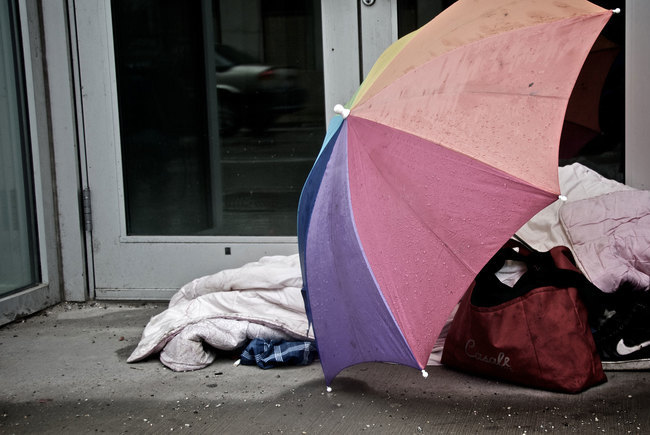
As the COVID-19 crisis drags on and evolves, civil society groups are responding to growing and diversifying needs – just when access to resources is becoming more insecure, writes UCT’s Prof Ralph Hamann.
03 Jul 2020 - 6 min read Republished
The Covid-19 crisis has reinforced the global consequences of fragmented, inadequate and inequitable healthcare systems and the damage caused by hesitant and poorly communicated responses.
24 Jun 2020 - >10 min read Opinion
Our scientists must not practise in isolation, but be encouraged to be creative and increase our knowledge of the needs of developing economies, write Professor Mamokgethi Phakeng, vice-chancellor of UCT, and Professor Thokozani Majozi from the University of the Witwatersrand.
09 Jun 2020 - 6 min read Republished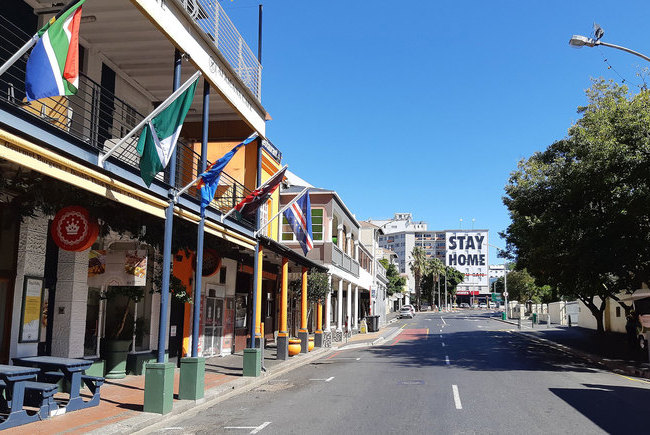
South Africa has been recognised globally for its success in flattening the curve, which came as a result of President Ramaphosa responding quickly to the crisis, writes Prof Alan Hirsch.
28 Apr 2020 - 6 min read RepublishedStatements and media releases
Media releases
Read more
Statements from Government
In an email to the UCT community, Vice-Chancellor Professor Mamokgethi Phakeng said:
“COVID-19, caused by the virus SARS-CoV-2, is a rapidly changing epidemic. [...] Information [...] will be updated as and when new information becomes available.”
We are continuing to monitor the situation and we will be updating the UCT community regularly – as and when there are further updates. If you are concerned or need more information, students can contact the Student Wellness Service on 021 650 5620 or 021 650 1271 (after hours), while staff can contact 021 650 5685.












